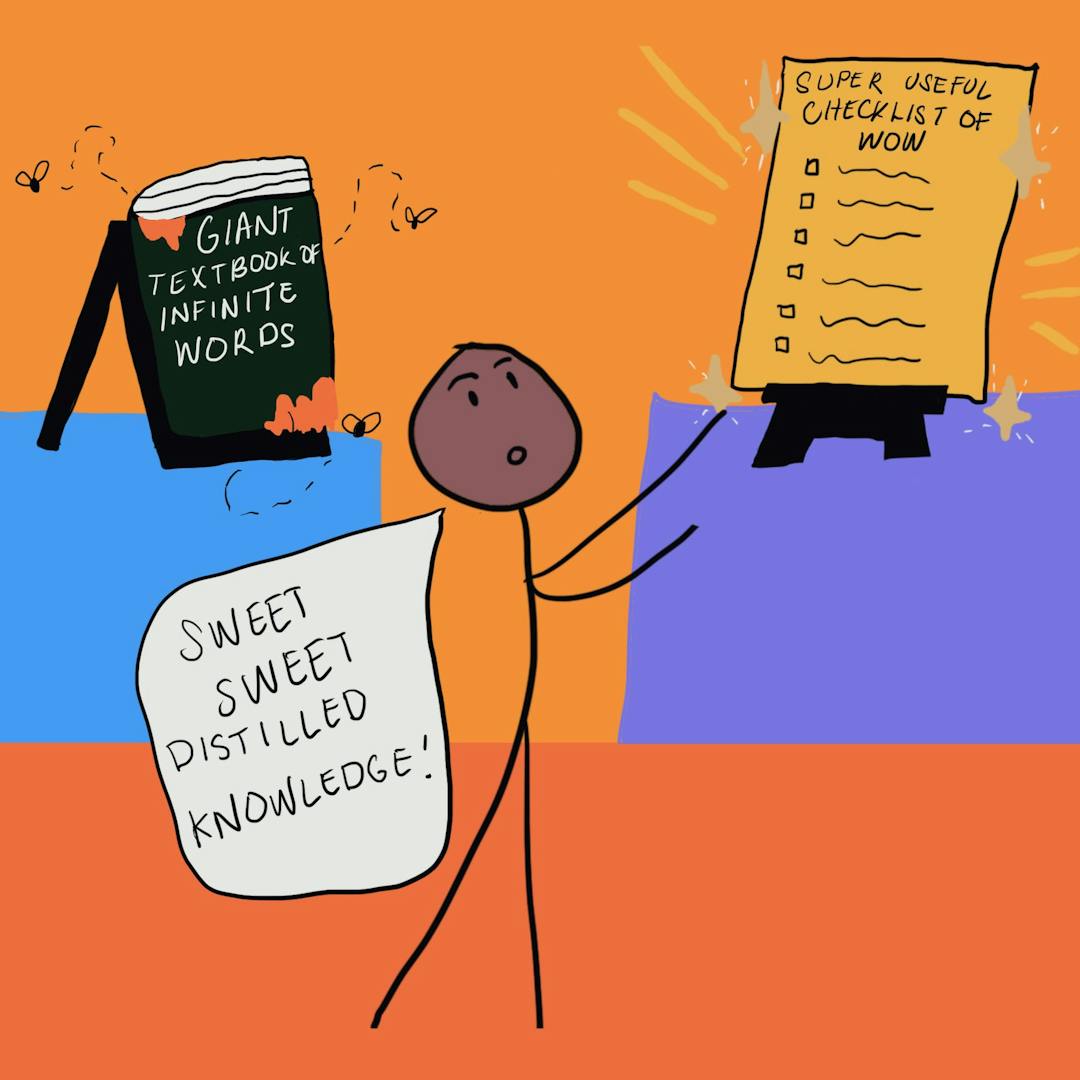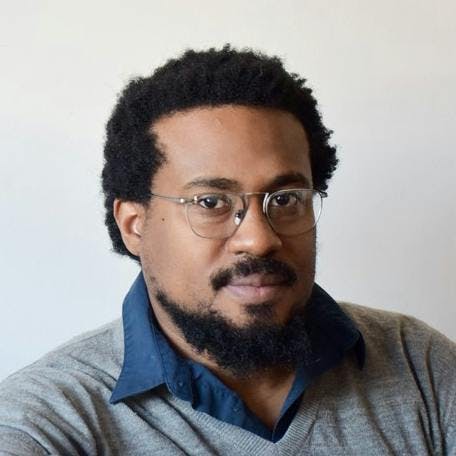Confronting our (Un)conscious Bias with Dr Lasana Harris

If you’re engaged in any kind of de-biasing work within your institution or your company, data is crucial. You have to be able to detect where the biases are being manifested, because that allows you to put structural rail guards to prevent people’s natural tendencies from resulting in behavior that is discriminatory.
Intro
UCL Professor of Behavioral Science Dr Lasana Harris joins Brooke for this episode of the podcast. In a fascinating discussion that questions the ‘unconscious’ nature of what most psychologists would refer to as unconscious bias, Dr. Harris draws from research in the fields of neuroscience and social psychology to help explain why human beings experience bias, how it manifests in our behaviour, and what we can do to overcome it, beyond ‘box-checking’ debias training.
Some of the things discussed include…
- The neuroscience behind the origins of our bias. Hint: it relates to our natural ‘fight or flight’ response.
- Why we are often aware of our own bias, but tend to attribute it to the wrong factors.
- Debiasing – why most bias trainings provided by organisations are done to fulfill legal obligations or improve corporate image, and how they can be improved.
- Embracing our individual responsibility to educate ourselves around bias while acknowledging that systemic change is required to address the environmental factors that fuel it.
- The ‘statue debate’ and whether cancel culture is erasing potential lessons from the past, or a sign of progress in the direction of a more inclusive society.








